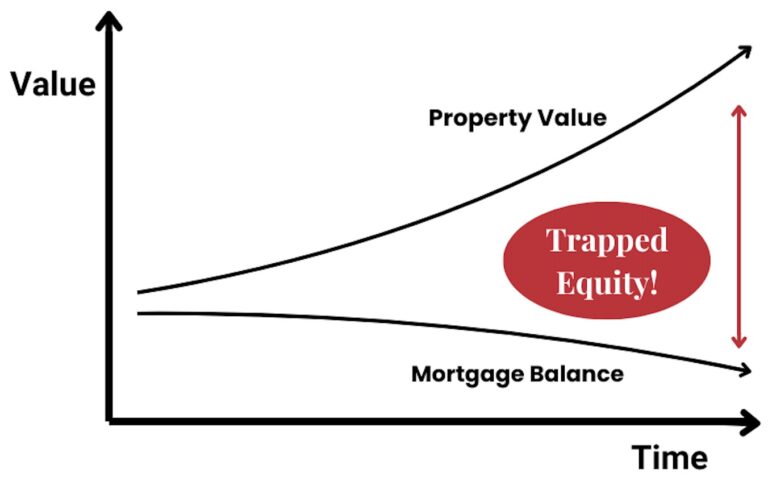What properties qualify for a 1031 exchange in Charleston, SC?
What Properties Qualify For An Exchange Properties that qualify for a 1031 exchange in Charleston must be real estate held for investment or business use. These include rental homes, apartment buildings, commercial properties, and raw land. However, personal residences and…



